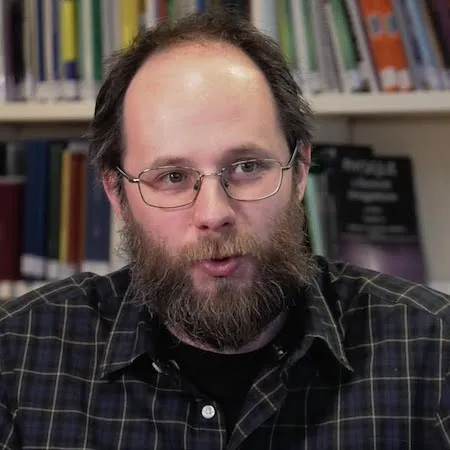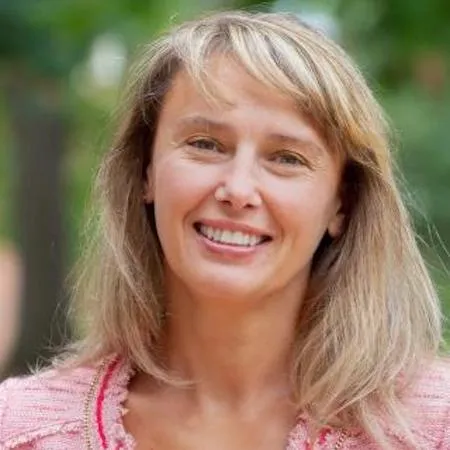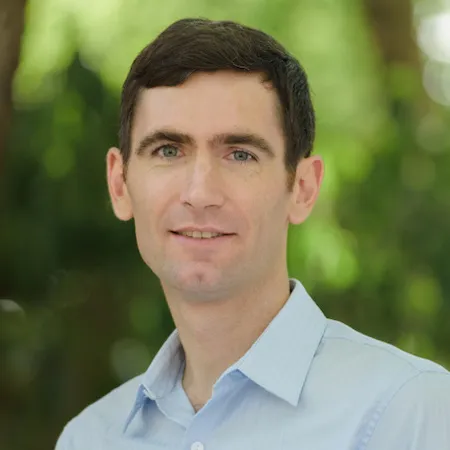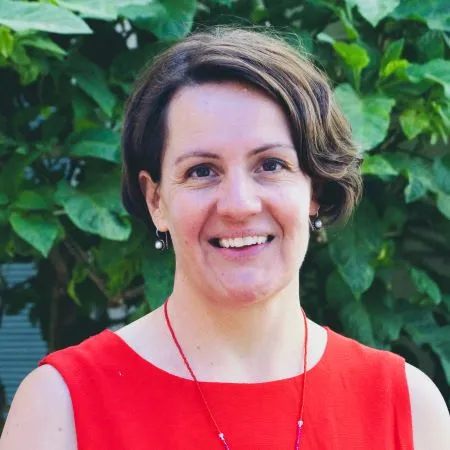This is a closed workshop designed for SESYNC Postdoctoral Fellows.
The complete schedule for the immersion workshop can be found:
The Immersion Program centers around a series of collaborative workshops led by Immersion Distinguished Scholars. These workshops are designed to immerse participants in theories and methods foundational to understanding current environmental challenges and their underlying socio-environmental systems.
Presenters

Patrick Meyfroidt
Dr. Patrick Meyfroidt holds a PhD in geography (2009) and a degree in sociology from Université catholique de Louvain (UClouvain) in Belgium. His main research interests are land use and forest transitions, linkages between globalization and land use, theories of land system change, and social-ecological feedbacks. Since 2016, he is Research Associate at the F.R.S-FNRS (the Belgian Research Funds) and Professor at UCLouvain.

Patrick Meyfroidt
Dr. Patrick Meyfroidt holds a PhD in geography (2009) and a degree in sociology from Université catholique de Louvain (UClouvain) in Belgium. His main research interests are land use and forest transitions, linkages between globalization and land use, theories of land system change, and social-ecological feedbacks. Since 2016, he is Research Associate at the F.R.S-FNRS (the Belgian Research Funds) and Professor at UCLouvain.

Tatiana Loboda
Dr. Tatiana Loboda is an Associate Professor in the Department of Geographical Sciences at the University of Maryland, College Park. She received her BA degree in 1995 from the Moscow Pedagogical State University (Moscow, Russia), and her MA (2004) and PhD (2008) degrees from the University of Maryland, College Park. Tatiana’s research interests include wildland fire, biodiversity, climate change, public health and their interactions with other human and physical factors on the landscape. Her work incorporates satellite observations of land surface conditions and change to study a variety of...

Tatiana Loboda
Dr. Tatiana Loboda is an Associate Professor in the Department of Geographical Sciences at the University of Maryland, College Park. She received her BA degree in 1995 from the Moscow Pedagogical State University (Moscow, Russia), and her MA (2004) and PhD (2008) degrees from the University of Maryland, College Park. Tatiana’s research interests include wildland fire, biodiversity, climate change, public health and their interactions with other human and physical factors on the landscape. Her work incorporates satellite observations of land surface conditions and change to study a variety of science questions ranging from impacts of wildfire on ecosystems and climate to assessing the impacts of conservation policies on poor rural communities to forecasting malaria outbreaks in the tropics. Since 2014 she has focused on bridging disciplinary gaps with medical researchers to bring cutting edge remote sensing capabilities into monitoring and forecasting malaria outbreaks in Southeast Asia.

Alexander Zvoleff
Dr. Alex Zvoleff is Senior Director of Resilience Science in the Moore Center for Science at Conservation International. Alex leads research on the role of nature in supporting climate resilience, pathways for transformative adaptation to climate change, and the development of new methods and tools that integrate large interdisciplinary datasets to study interactions among climate, land use and land cover change, and human-wellbeing. Alex uses statistics and spatial modeling to assimilate data from a broad range of sources to ensure the best possible information is available, and accessible by...

Alexander Zvoleff
Dr. Alex Zvoleff is Senior Director of Resilience Science in the Moore Center for Science at Conservation International. Alex leads research on the role of nature in supporting climate resilience, pathways for transformative adaptation to climate change, and the development of new methods and tools that integrate large interdisciplinary datasets to study interactions among climate, land use and land cover change, and human-wellbeing. Alex uses statistics and spatial modeling to assimilate data from a broad range of sources to ensure the best possible information is available, and accessible by non-expert audiences, to inform conservation decisions. He received his PhD in geography in a joint program at San Diego State University and the University of California, Santa Barbara, and holds a master’s from Columbia University.
Dr. Simone Pulver is an Associate Professor of Environmental Studies and Director of the Environmental Leadership Incubator at the University of California, Santa Barbara, where she leads a research and teaching team that investigates patterns in the environmental impacts of business, what drives those patterns, and how those drivers might be transformed. Her interdisciplinary research integrates perspectives from organizational theory, environmental and economic sociology, and global governance. She holds graduate degrees in sociology and energy and resources from the University of California...
Dr. Simone Pulver is an Associate Professor of Environmental Studies and Director of the Environmental Leadership Incubator at the University of California, Santa Barbara, where she leads a research and teaching team that investigates patterns in the environmental impacts of business, what drives those patterns, and how those drivers might be transformed. Her interdisciplinary research integrates perspectives from organizational theory, environmental and economic sociology, and global governance. She holds graduate degrees in sociology and energy and resources from the University of California, Berkeley, and an undergraduate degree in physics from Princeton University. Simone has engaged with SESYNC since 2014 in a range of roles. She served twice as a Distinguished Faculty Mentor for the Postdoctoral Immersion Program, and she was in residence at SESYNC in the Spring of 2016 as a Faculty Sabbatical Fellow. She is also co-leader of a SESYNC-funded book workshop and project, titled Foundations of Socio-Environmental Research: Legacy readings with commentaries, forthcoming from Cambridge University Press.
External Links:
https://www.es.ucsb.edu/index.php/people/simone-pulver
